Home>Ideas and Tips>Induction Cooktop Installation: Energy-Efficient Cooking
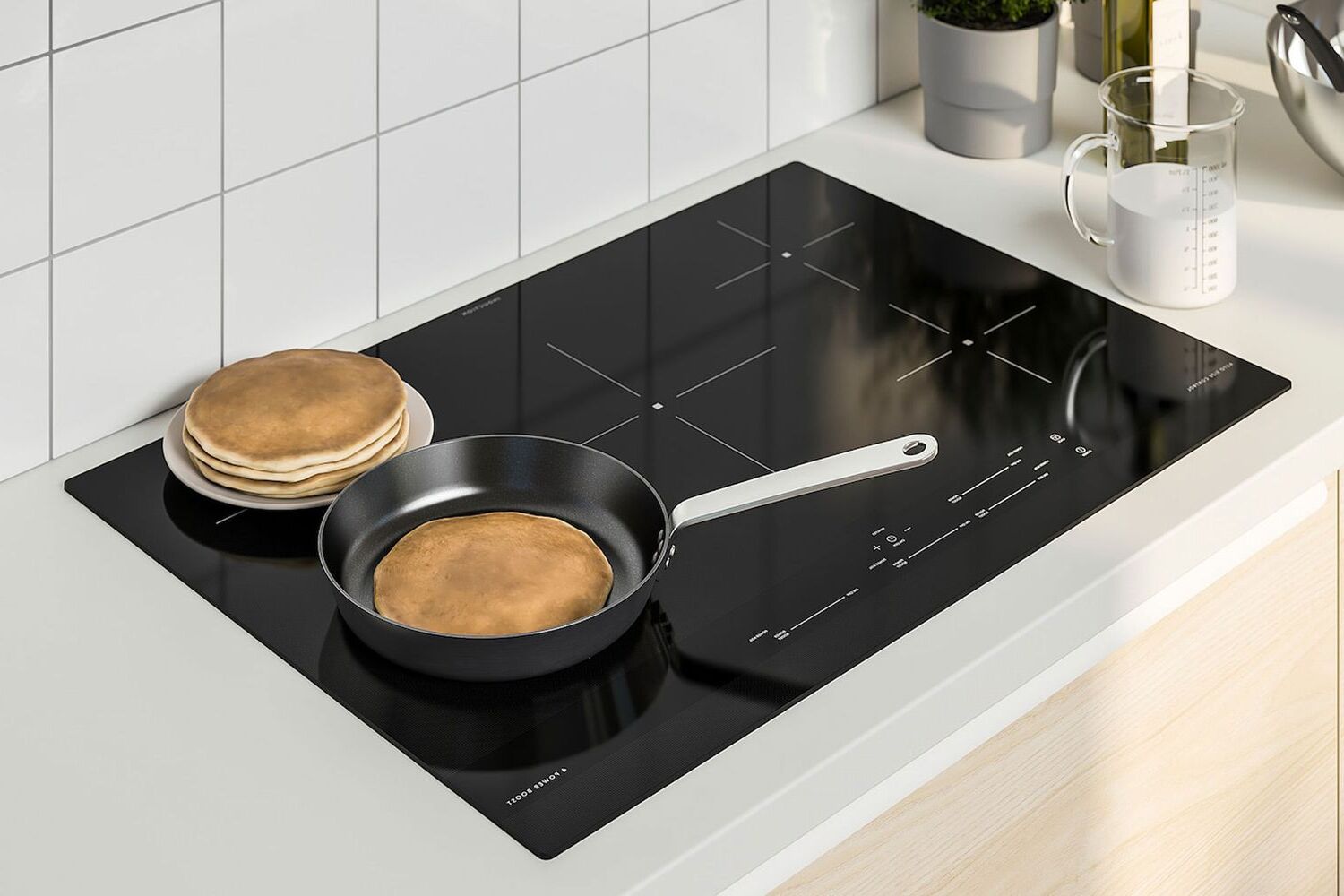

Ideas and Tips
Induction Cooktop Installation: Energy-Efficient Cooking
Modified: November 2, 2024
Discover the benefits of induction cooktop installation for energy-efficient cooking. Save on energy bills and enjoy faster, safer, and cleaner cooking.
(Many of the links in this article redirect to a specific reviewed product. Your purchase of these products through affiliate links helps to generate commission for Storables.com, at no extra cost. Learn more)
Introduction
Induction cooktops have become a popular choice for many home cooks and professional chefs. But why is that? The answer lies in their efficiency, speed, and safety features. Induction cooking uses electromagnetic fields to heat pots and pans directly, making it a more efficient method than traditional gas or electric stoves. This technology not only saves energy but also offers precise temperature control, making cooking faster and safer. Let's dive into the world of induction cooktops and see why they're a game-changer in the kitchen.
Read more: How To Install Induction Cooktop
What is Induction Cooking?
Induction cooking uses electromagnetic fields to heat food. When you place a pot or pan made of ferrous metal, like cast iron or stainless steel, on an induction cooktop, an electric current flows through the coils underneath. This generates a magnetic field that induces an electric current in the metal of the pan. The induced current then dissipates its energy as heat, directly heating the food without wasting energy on heating the cooktop surface itself. This method is not only efficient but also safer, as the cooktop remains cool to the touch.
Advantages of Induction Cooktops
Energy Efficiency
One of the biggest advantages of induction cooktops is their energy efficiency. Traditional electric or gas stoves lose a lot of heat to the surrounding air and cooktop surfaces. In contrast, induction cooktops direct nearly 90% of the energy towards the food. This means they use significantly less power to achieve the same results as other cooking methods. So, if you're looking to save on your energy bills, an induction cooktop might be the way to go.
Speed and Control
Induction cooktops are known for their speed and precise temperature control. They can go from a rolling boil to a simmer in seconds, making them ideal for delicate cooking tasks. The heat transfer stops immediately when you turn off the burner, reducing the risk of overcooking and making cleanup easier. This level of control is something you won't find with traditional gas or electric stoves.
Safety Features
Safety is a big concern in the kitchen, especially if you have kids or pets. Induction cooktops are designed with safety in mind. The heat element is never exposed, preventing fire hazards and the risk of burns. Additionally, induction cooktops feature lockable controls and pan detectors that ensure the cooktop only turns on when a compatible pan is in place. This makes them a safer option for any household.
Easy Cleanup
Cleaning up after cooking can be a hassle, but not with an induction cooktop. Since the cooktop surface rarely gets very hot, food residue doesn't burn onto it. This makes it simple to wipe clean with a damp cloth. This feature is particularly beneficial for households with busy schedules or those who prefer minimal kitchen maintenance.
Compatibility with Cookware
Induction cooktops require specific types of cookware to function properly. Cookware must contain enough iron to be magnetic and have a flat bottom. Commonly compatible materials include cast iron, enameled cast iron, and many types of stainless steel. However, aluminum and copper cookware won't heat up unless they have a magnetic metal layer at the bottom. So, you might need to invest in some new pots and pans if you decide to switch to induction cooking.
Types of Induction Cooktops
Read more: What Are The Benefits Of Induction Cooktop
Portable Units
Portable induction units are compact and can be placed directly on a countertop. They usually work with standard outlets and are ideal for small kitchens or temporary cooking needs. These units often come with one or two cooking elements and are a great way to try out induction cooking without committing to a full installation.
Induction Countertops
Induction countertops generally have 4 to 5 cooking elements and fit into an existing countertop installation. They are designed to replace gas or electric cooktops and require a 240V electrical connection. These units offer a seamless integration into your kitchen, providing a modern and efficient cooking experience.
Induction Ranges
Induction ranges combine the functionality of an induction cooktop with an electric convection oven. They typically have 4 to 6 cooking elements and come in various configurations such as slide-in, drop-in, and freestanding units. Induction ranges require a dedicated 220V circuit or a 240V electrical connection, depending on the model and type.
Installation Considerations
Read more: How To Use Kitchenaid Induction Cooktop
Electrical Requirements
Before installing an induction cooktop, it's crucial to ensure that your electrical system can support the required power. Induction cooktops typically need a dedicated 220V or 240V circuit to function properly. It's recommended to consult an electrician prior to purchase and installation, especially if you're switching from gas to electric or if you have existing electrical limitations.
Space and Design
When choosing an induction cooktop, consider the space available in your kitchen. Ensure that the cooktop fits comfortably on your countertop without obstructing other appliances or creating a cluttered environment. Additionally, consider the design aesthetics of the cooktop to match your kitchen's style and decor.
Benefits for Home Cooks
Reduced Energy Bills
Induction cooktops are designed to save energy by directing heat directly to the food. This efficiency translates into lower energy bills over time, making them an attractive option for households looking to reduce their carbon footprint and save on utility costs.
Read more: How Long To Boil Eggs On Induction Cooktop
Faster Cooking Times
Induction cooktops heat up quickly and cook food faster than traditional stoves. This speed is particularly beneficial for busy households where meal preparation needs to be swift and efficient. The ability to go from a rolling boil to a simmer in seconds makes induction cooktops ideal for a variety of cooking tasks.
Improved Air Quality
Unlike gas stoves, which release carbon monoxide and other pollutants into the air, induction cooktops do not use gas and therefore do not contribute to indoor air pollution. This makes them a healthier option for households with children or pets.
Case Studies and Personal Experiences
Real-World Applications
Many home cooks have reported significant improvements in their cooking experiences with induction cooktops. For instance, one user noted that the fast heating times and precise temperature control made cooking much more enjoyable and efficient. Another user appreciated the safety features, such as the automatic shut-off and pan detection, which provided peace of mind while cooking.
Cost-Benefit Analysis
While induction cooktops may come with a higher upfront cost compared to traditional stoves, their long-term benefits in terms of energy efficiency and reduced maintenance costs make them a worthwhile investment. Additionally, many manufacturers offer rebates and incentives for switching to induction cooktops, further reducing the initial cost.
Conclusion
Induction cooktops offer a modern and efficient way to cook, providing numerous benefits for home cooks. Their energy efficiency, speed, safety features, and ease of cleanup make them an attractive option for households looking to upgrade their cooking technology. Whether you are considering a portable unit or a full induction range, the advantages of induction cooking are undeniable. By installing an induction cooktop in your kitchen, you can enjoy faster cooking times, reduced energy bills, and a healthier cooking environment.
Final Thoughts
As the world continues to shift towards more sustainable and efficient living practices, induction cooktops stand out as a leading solution for home cooks. With their ability to direct heat directly to the food, reduce energy waste, and provide precise temperature control, induction cooktops are poised to become the standard for modern kitchens. Whether you are a seasoned chef or an amateur cook, the benefits of induction cooking are undeniable. So why not consider making the switch to an induction cooktop today and experience the future of cooking?
Was this page helpful?
At Storables.com, we guarantee accurate and reliable information. Our content, validated by Expert Board Contributors, is crafted following stringent Editorial Policies. We're committed to providing you with well-researched, expert-backed insights for all your informational needs.
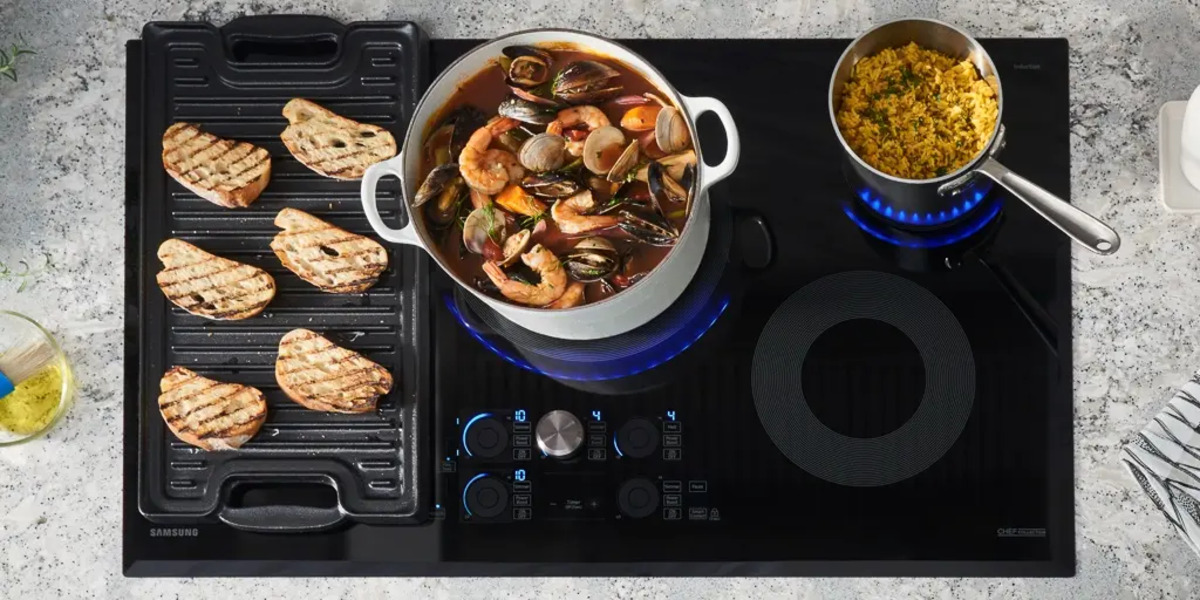

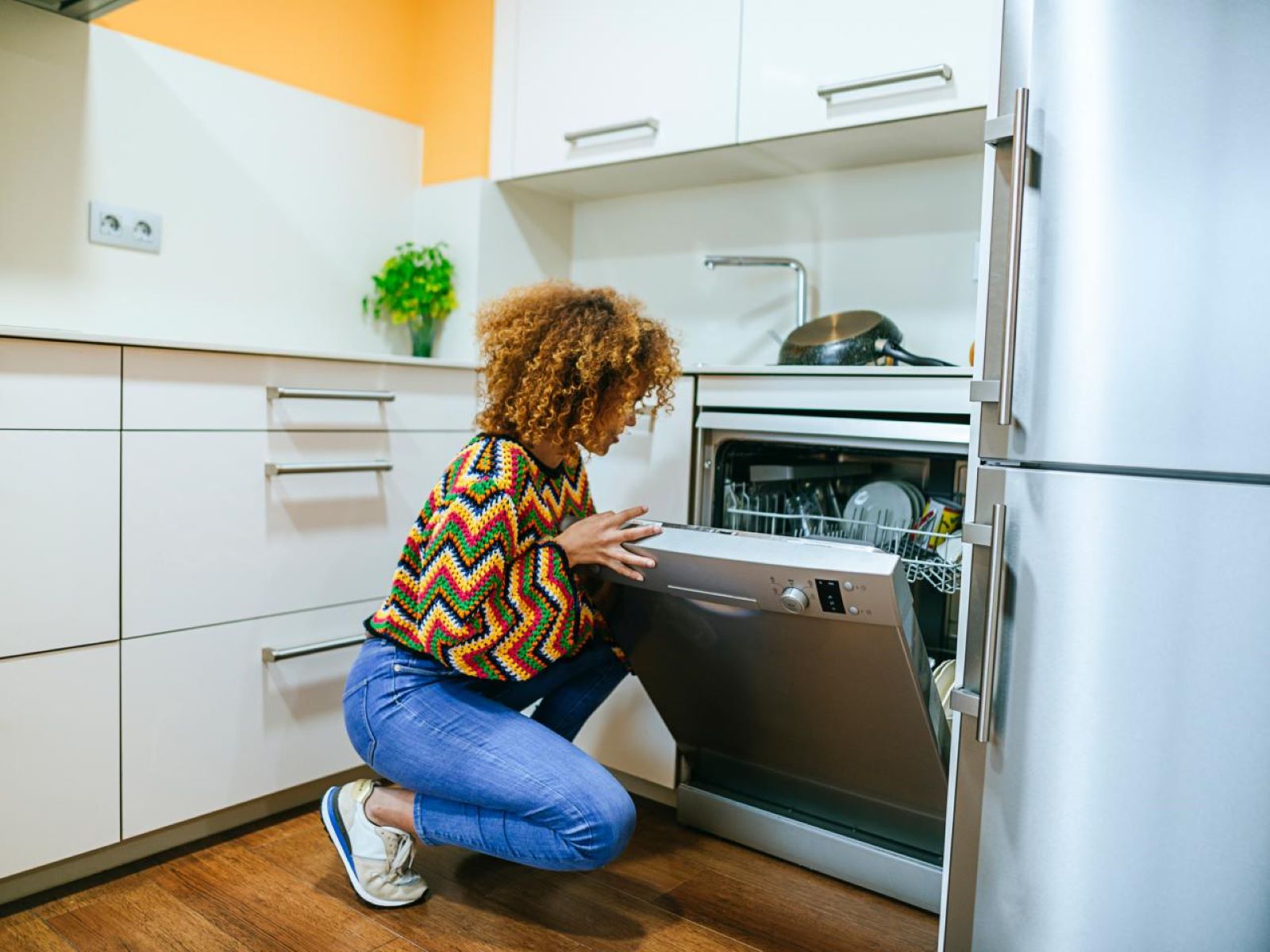
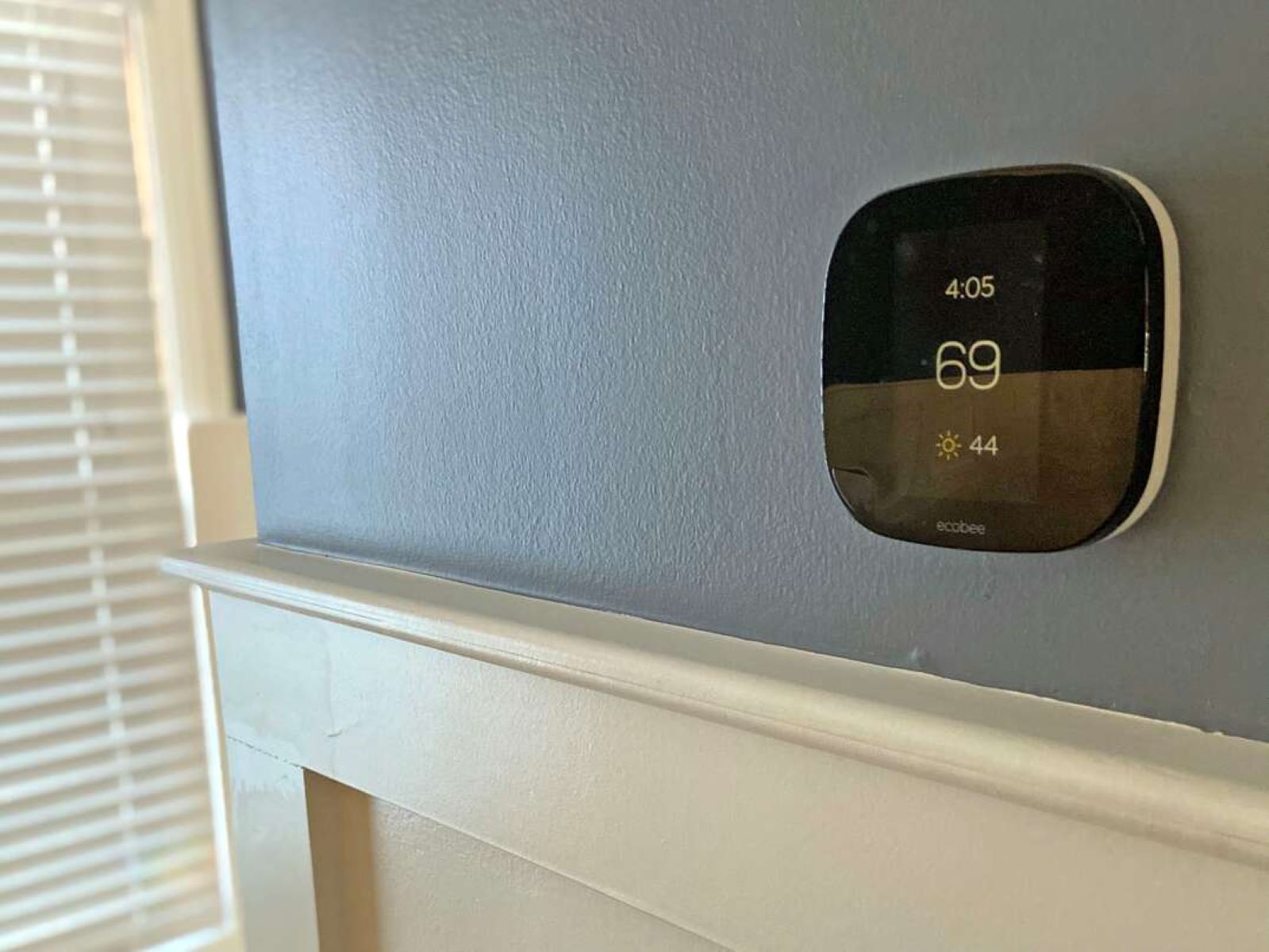
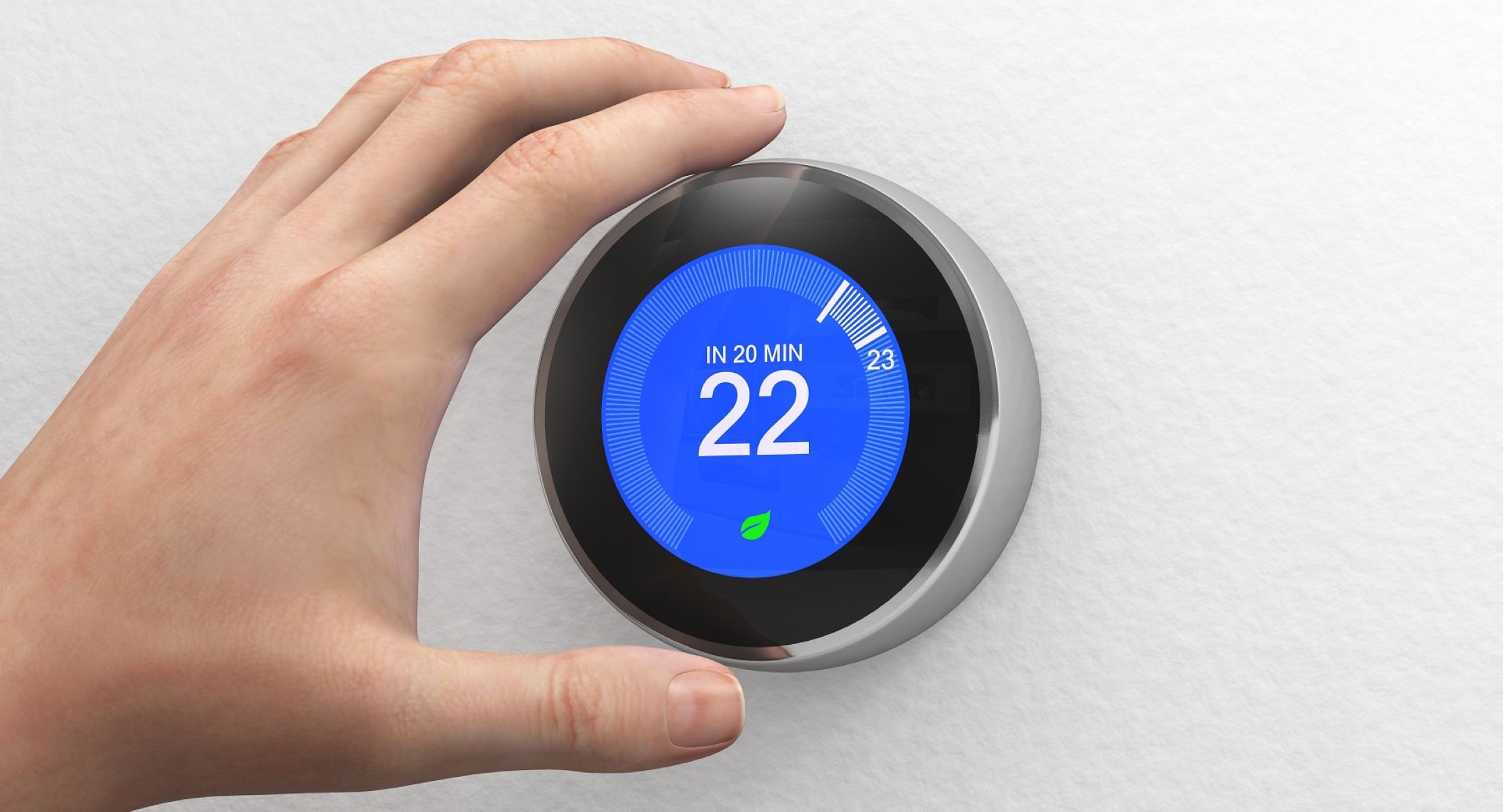


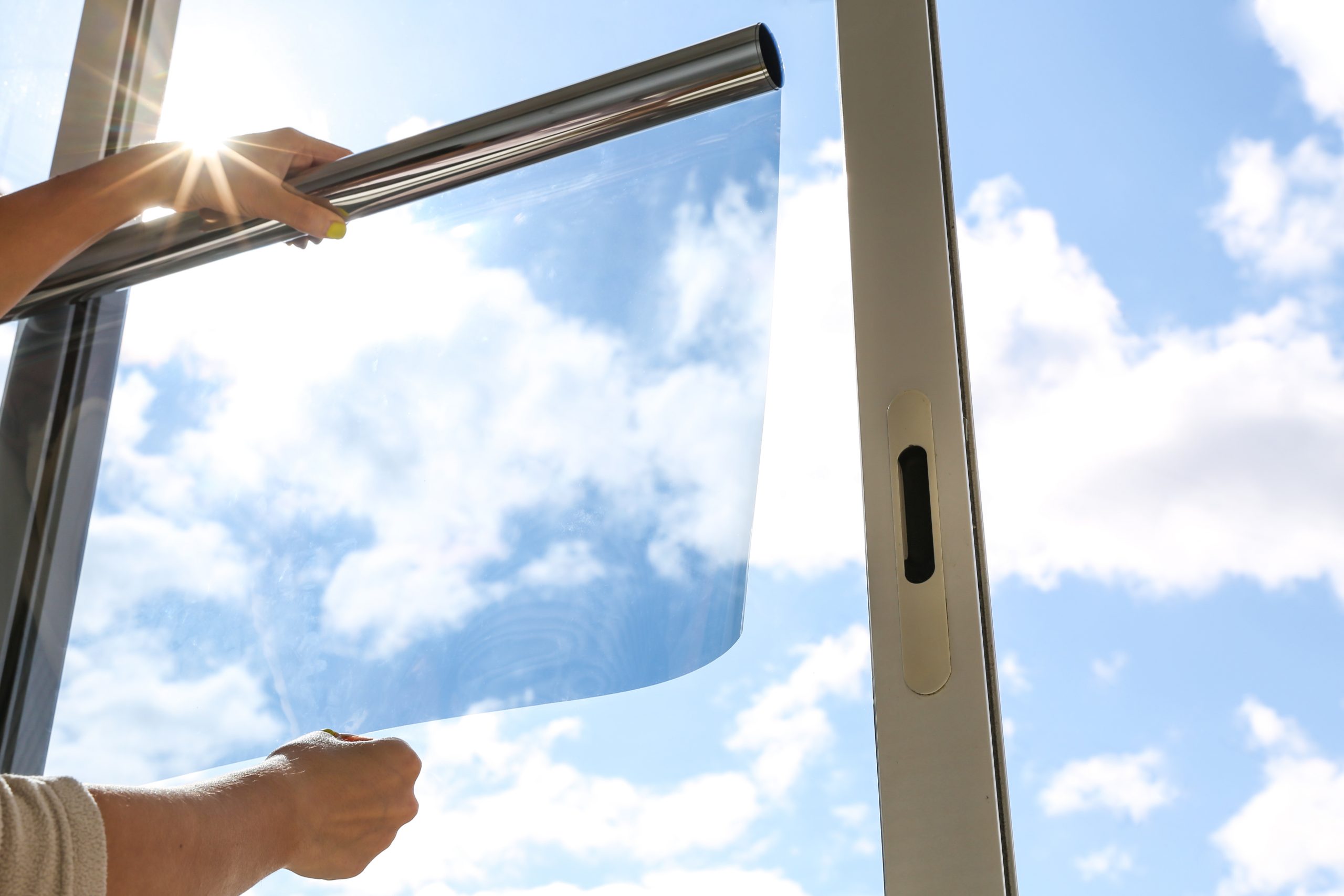
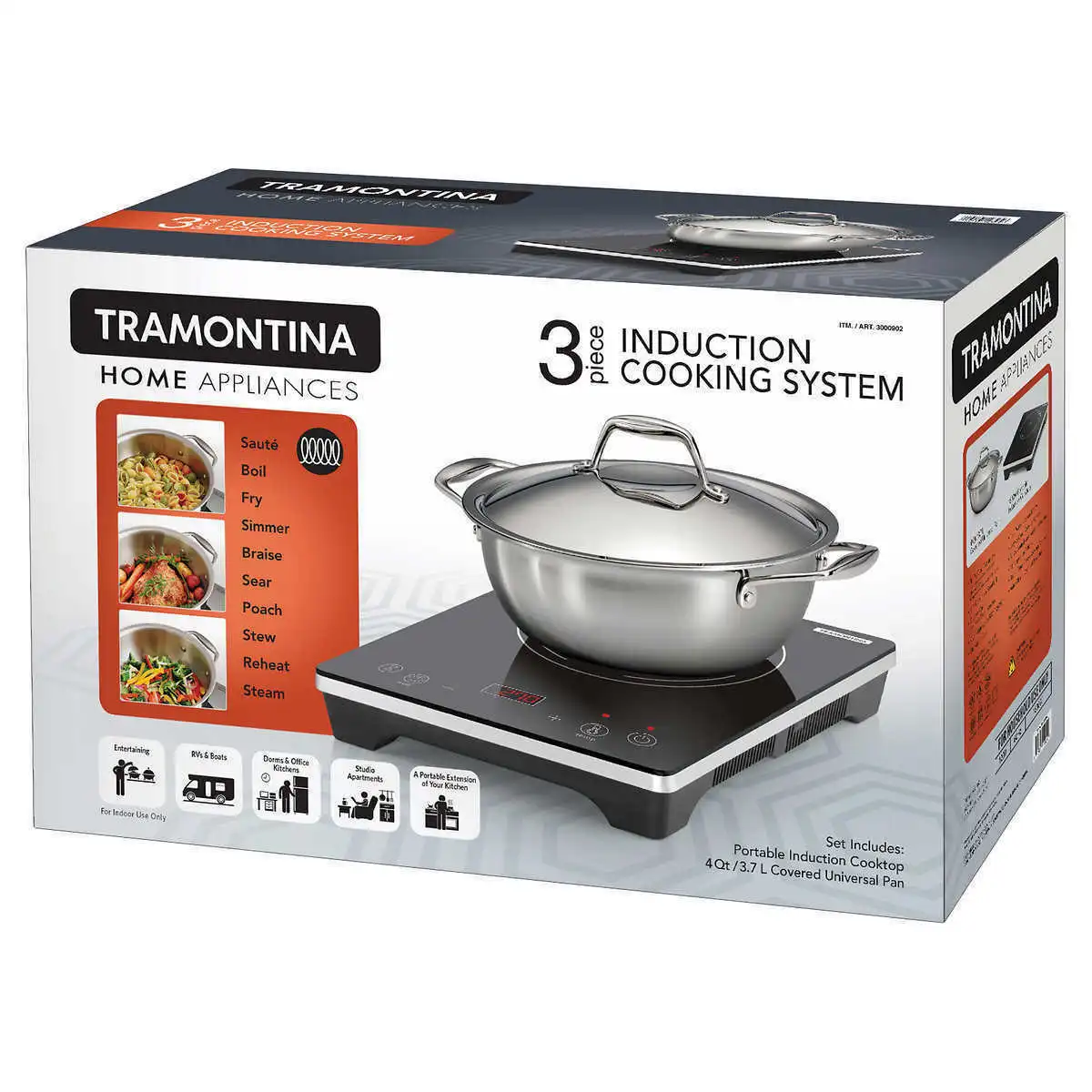
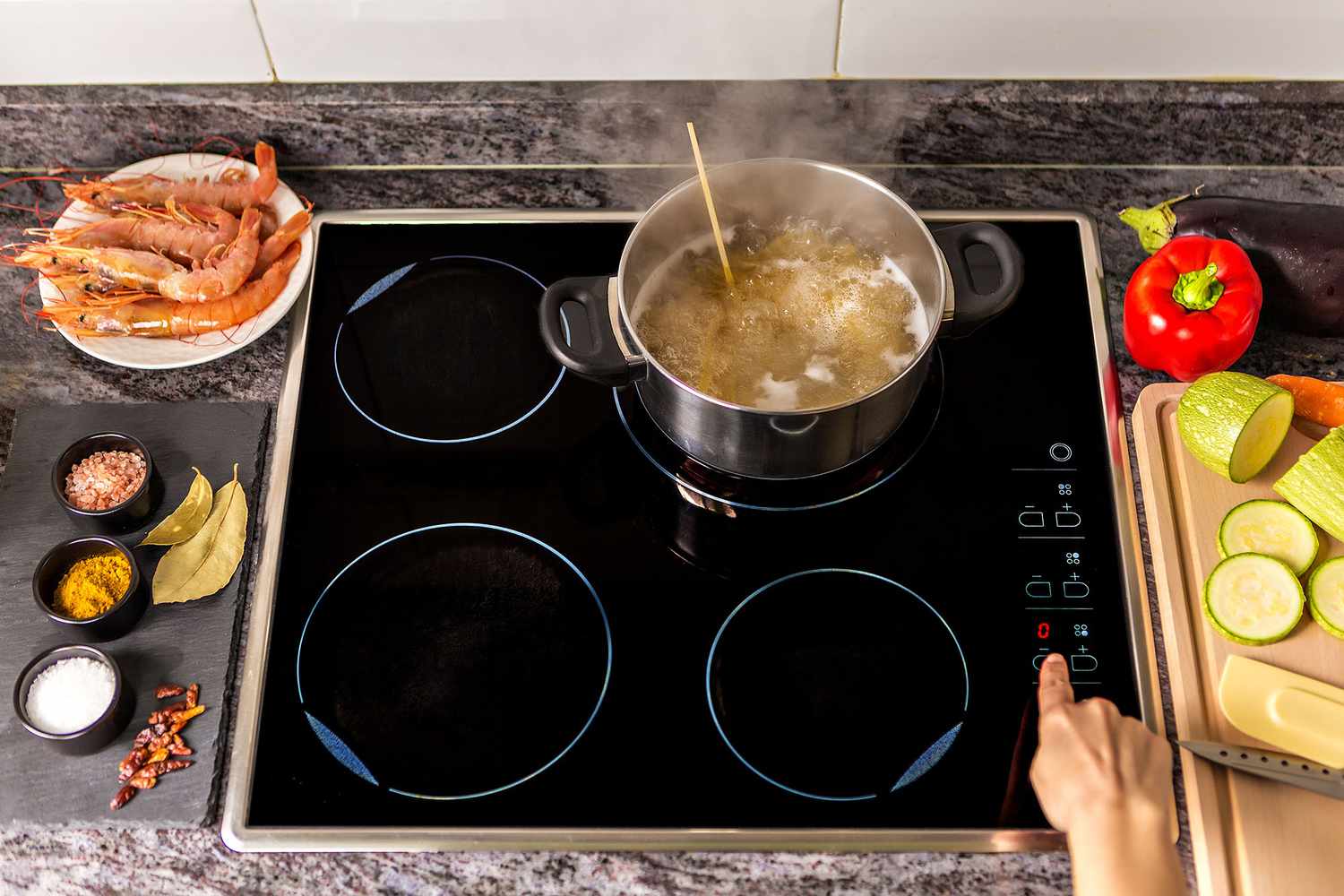

0 thoughts on “Induction Cooktop Installation: Energy-Efficient Cooking”